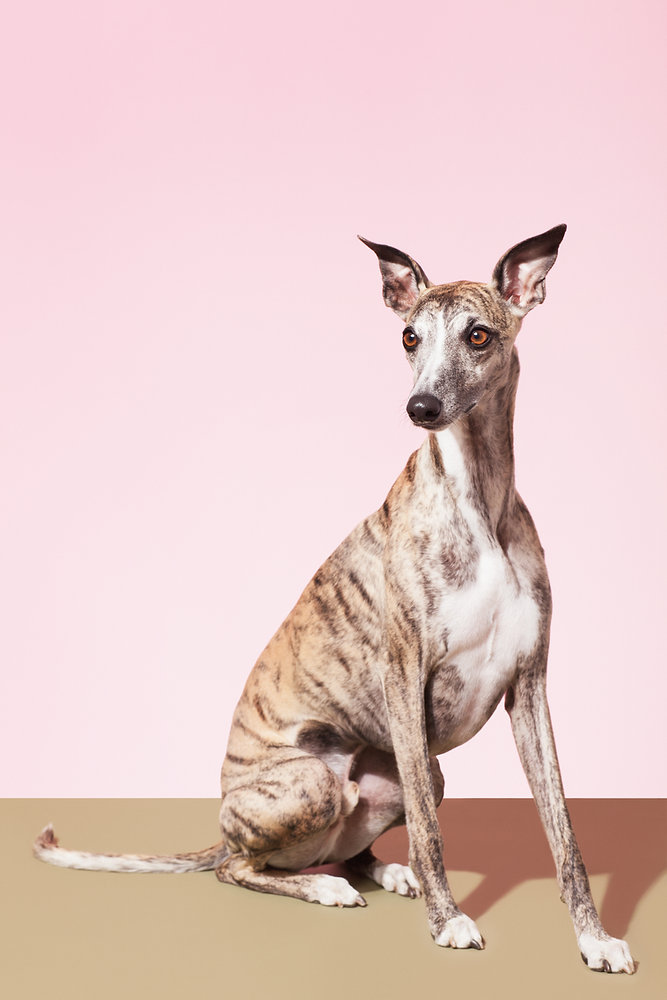Sonar
Full Member
- Messages
- 791
As the title says I can’t go to any rallies, the reason being I have two small dogs a cocker spaniel and a Jack Russell cross.
The cocker spaniel is one year old puppy and looks at other dogs who’s not sure what they are and rather take to humans the Jack Russell can’t stand the sight of other dogs close in the distance in a car in van in fact anywhere the chances are it can see another dog it does nothing but constantly barks. The dog when are the lead will not stop barking all the time a dog is in sight.
So the Jack Russell cross has restricted where we go not to dogs fault he was a rescue dog and rather sat in his way when we got him.
We have never considered moving the dog on and never will do however he has unknowingly restricted us to some campsites and dog walking areas. Does anybody else have the same problems as us?
We have been to dogs therapy units some cost as much as £70 an hour and nothing so far has helped.
Lots of dog trainers say they can cure the dog or actually fix his behaviour however so far in seven years that we’ve had him no so called dog trainers have managed to do anything they’ll give up we never will still he is family and every family have their own problems .
Hence we’re a little restricted and hopefully for many years to come.
The cocker spaniel is one year old puppy and looks at other dogs who’s not sure what they are and rather take to humans the Jack Russell can’t stand the sight of other dogs close in the distance in a car in van in fact anywhere the chances are it can see another dog it does nothing but constantly barks. The dog when are the lead will not stop barking all the time a dog is in sight.
So the Jack Russell cross has restricted where we go not to dogs fault he was a rescue dog and rather sat in his way when we got him.
We have never considered moving the dog on and never will do however he has unknowingly restricted us to some campsites and dog walking areas. Does anybody else have the same problems as us?
We have been to dogs therapy units some cost as much as £70 an hour and nothing so far has helped.
Lots of dog trainers say they can cure the dog or actually fix his behaviour however so far in seven years that we’ve had him no so called dog trainers have managed to do anything they’ll give up we never will still he is family and every family have their own problems .
Hence we’re a little restricted and hopefully for many years to come.

